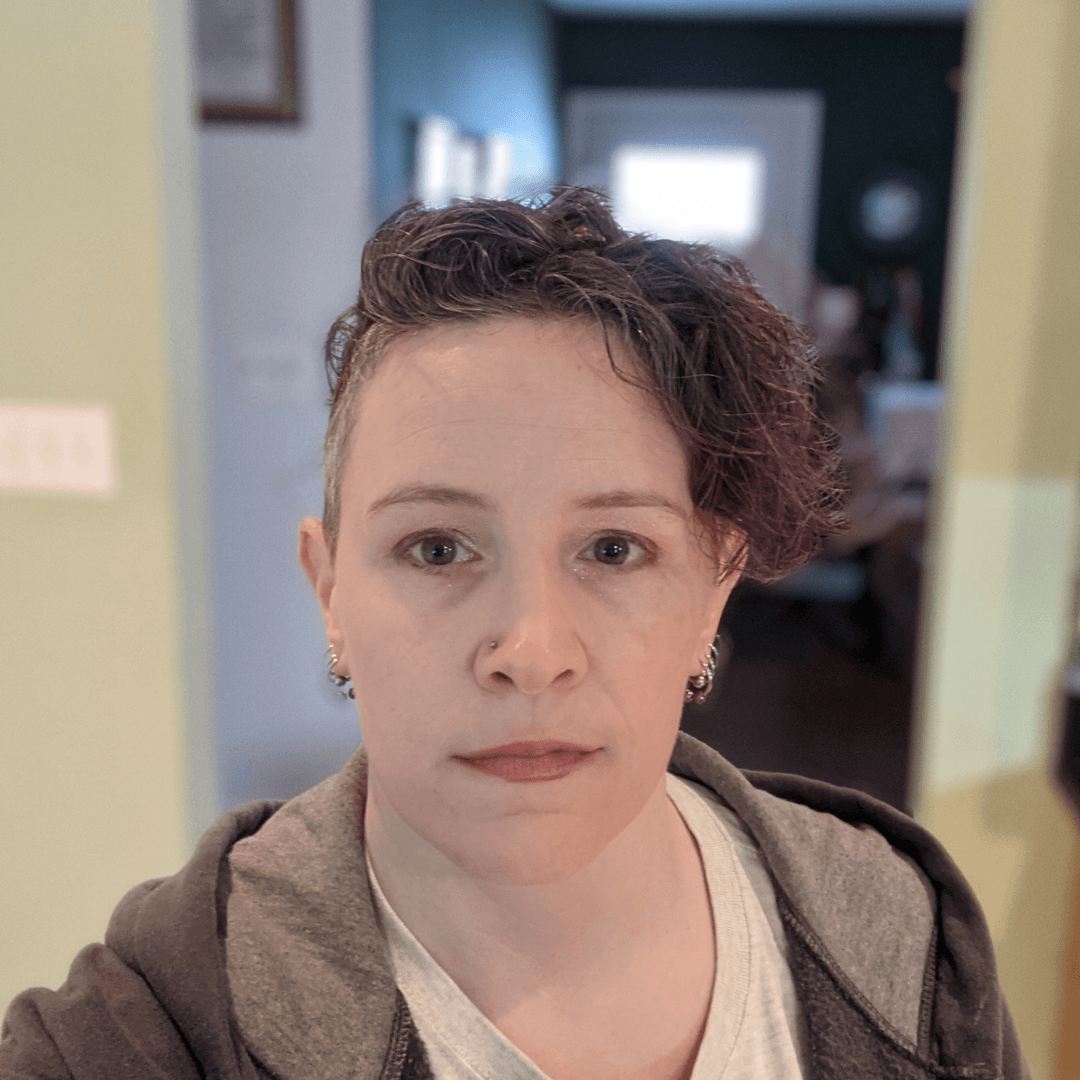Oral lysine supplementation has been studied for the prevention of cold sore outbreaks, but results have been mixed, with both failures[1][2] and successes.[3][4] In a 2017 systematic review of oral lysine supplementation for the prevention of HSV outbreaks (including cold sores, genital sores, and HSV-related sores inside the mouth), supplementing with oral L-lysine at dosages of less than 1 gram/day didn't reduce the number of outbreaks except in conjunction with a low-arginine diet, but supplementing with at least 3 grams/day might reduce the number of outbreaks, based on the results of one small trial.[3][5] However, a 2015 meta-analysis of randomized controlled trials (RCTs) found very little high-quality data specifically for cold sores (herpes labialis) and was not able to conclude that there was a significant effect of lysine for prevention of cold sores based on the available data.[6]
Two additional supplements that have been studied but for which more research is needed include monocaprin (a derivative of capric acid) and 1,5-pentanediol (a plasticizer with cosmetic and pharmaceutical uses). In a 105-person 2009 study, a gel containing 1,5-pentanediol reduced cold sore symptoms compared to a placebo but didn’t prevent outbreaks.[7] Similarly, in a 96-person 2012 study, a gel containing a combination of monocaprin and doxycycline reduced pain and sped up healing by about two days compared to a placebo.[8]
There are also several proprietary formulations that have shown promise in small clinical trials by the companies that make them, but for which more research is needed. The most promising of these is a proprietary topical (on the skin) formulation of squaric acid dibutyl ester (SADBE), an immunosensitizer, which is in planning for Phase III clinical trials for the prevention of cold sore outbreaks in people with frequent outbreaks.[9][10][11] Others include a proprietary gel containing oxygenated glycerol triesters (OGT);[12] a commercial epigallocatechin gallate (EGCG) stearate and palmitate cream;[13] and a proprietary multiherb formulation supported by one study with undeclared conflicts of interest and questionable methodology.[14][15]


